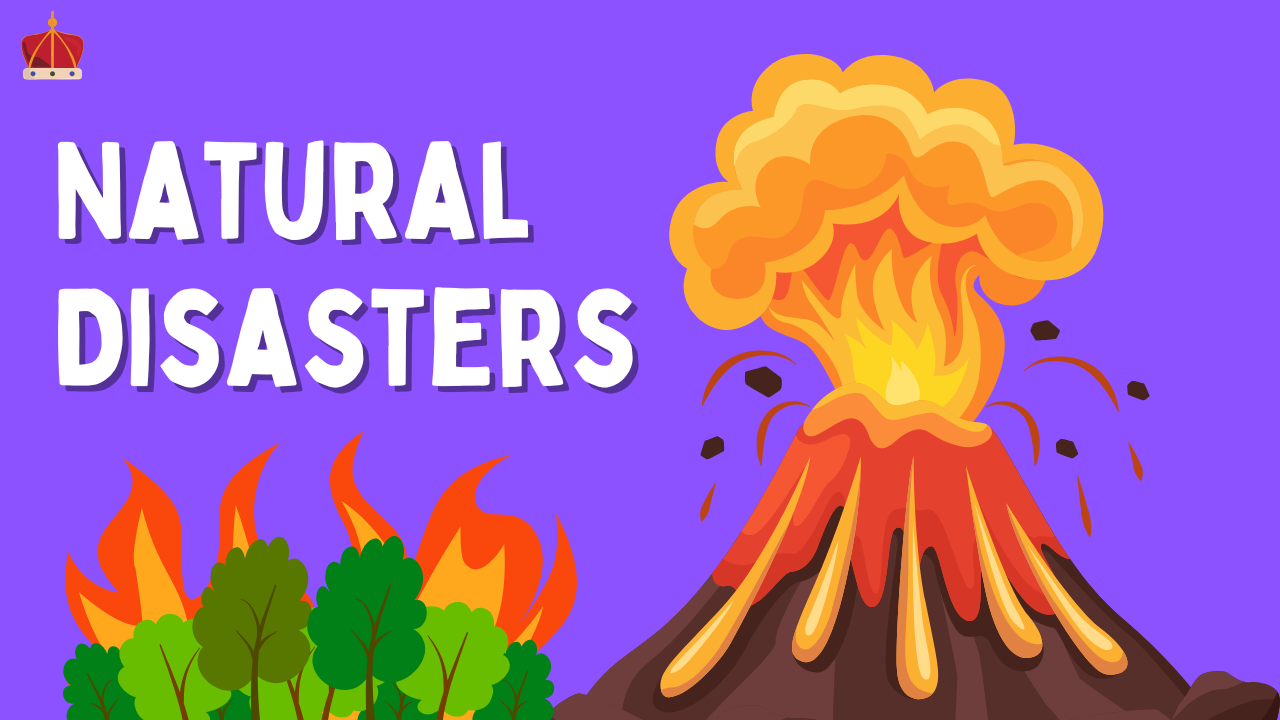
Natural Disasters: Vocab & Study
Key Vocabulary from the Episode
Here are the five important words we discussed. Understanding these will help you talk about natural events and safety!
Phenomenon (noun): A fact or event that is observed to exist or happen, especially one that is unusual or difficult to explain.
- Example: Earthquakes and volcanoes are natural phenomena.
- Simply put: Something that happens in nature that we can see or experience.
Magnitude (noun): For earthquakes, this is a measure of its strength or size.
- Example: A high magnitude earthquake is very powerful.
- Simply put: How strong or big an earthquake is.
Impact (noun/verb): (noun) The powerful effect that something has on a situation or person; (verb) to have a strong effect on.
- Example: Natural disasters can have a huge impact on communities.
- Simply put: The effect or influence something has.
Protect (verb): To keep someone or something safe from harm or injury.
- Example: We try to protect ourselves and our homes from disasters.
- Simply put: To keep safe.
Prepare (verb): To make ready for something that is going to happen.
- Example: It’s important to prepare for a natural disaster before it happens.
- Simply put: To get ready for something.
Vocabulary Exercises
Exercise 1: Matching Definitions
Match the vocabulary word on the left with its correct definition on the right.
- Phenomenon (a) To keep safe
- Magnitude (b) To get ready for something
- Impact (c) A natural event that happens
- Protect (d) The effect something has
- Prepare (e) The strength or size of an earthquake
(Answer Key: 1-c, 2-e, 3-d, 4-a, 5-b)
Exercise 2: Fill in the Blanks
Complete the following sentences using the key vocabulary words.
- The storm had a big __________ on the city, causing many power cuts.
- Scientists study weather __________ to understand climate change.
- The city decided to __________ for floods by building a new wall along the river.
- It’s important to wear a helmet to __________ your head when cycling.
- An earthquake with a high __________ can cause a lot of damage.
(Answer Key: 1-impact, 2-phenomena, 3-prepare, 4-protect, 5-magnitude)
Comprehension Questions from the Episode
Test your understanding of the episode by answering these questions:
- What causes an earthquake?
- What is the main difference between floods and tsunamis, according to the episode?
- In what ways can a volcanic eruption impact the surrounding area?
- What are some examples of how communities can prepare for natural disasters?
- Why is it important to protect people during a natural disaster?
Reflect & Discuss
Use these questions for personal reflection or to discuss with a study partner:
- Have you ever experienced a natural disaster? What was its impact on you or your community?
- What is one thing you can do to prepare for a potential natural disaster in your area?
- What other natural phenomena are you curious about?
- How do you think technology can help us better protect ourselves from disasters?

